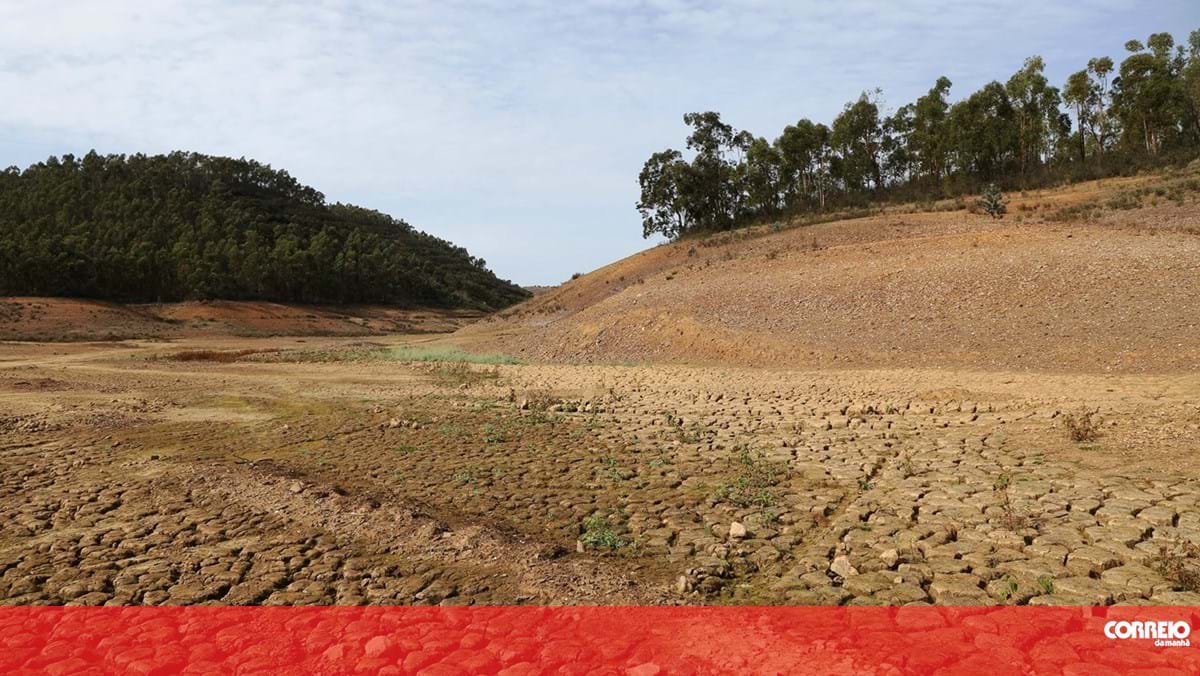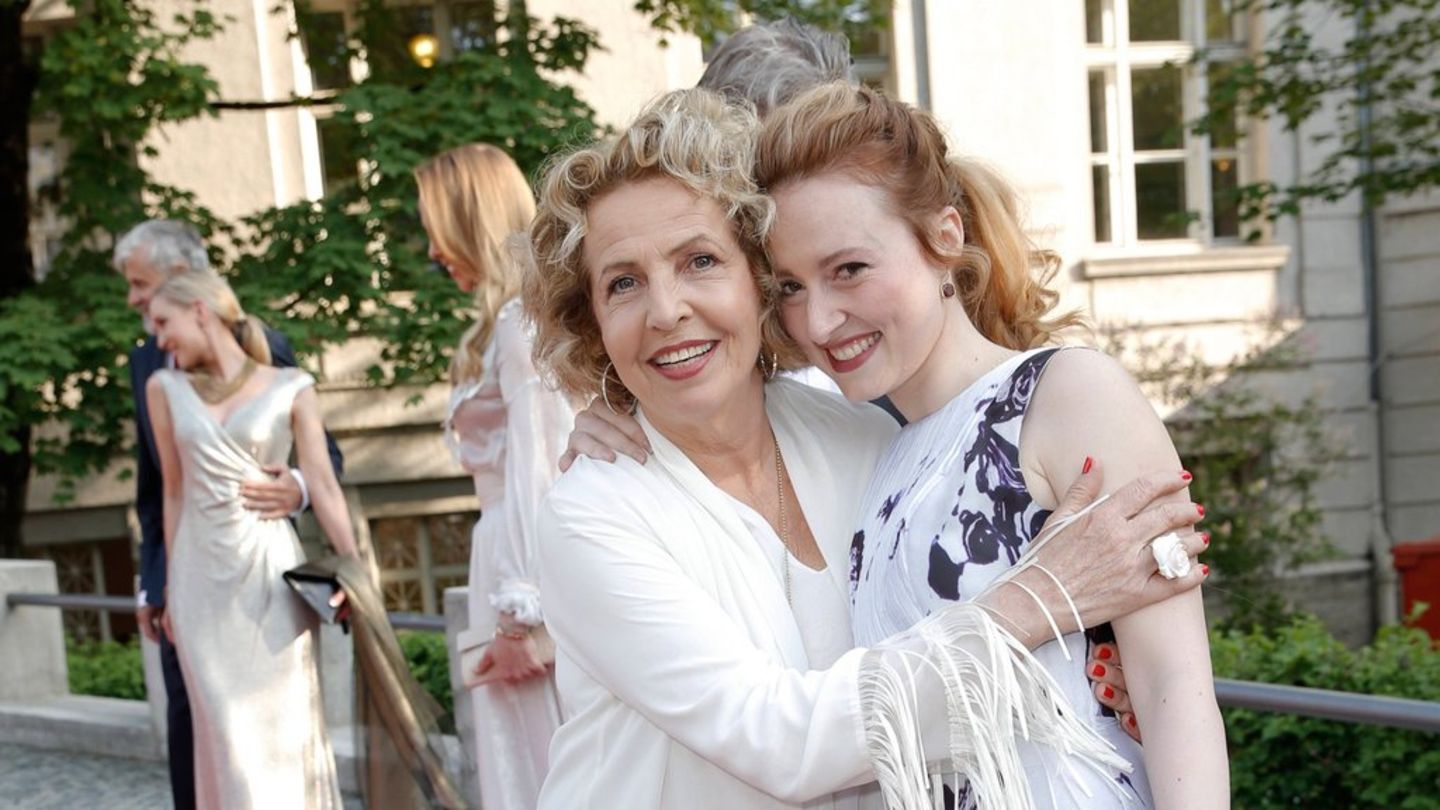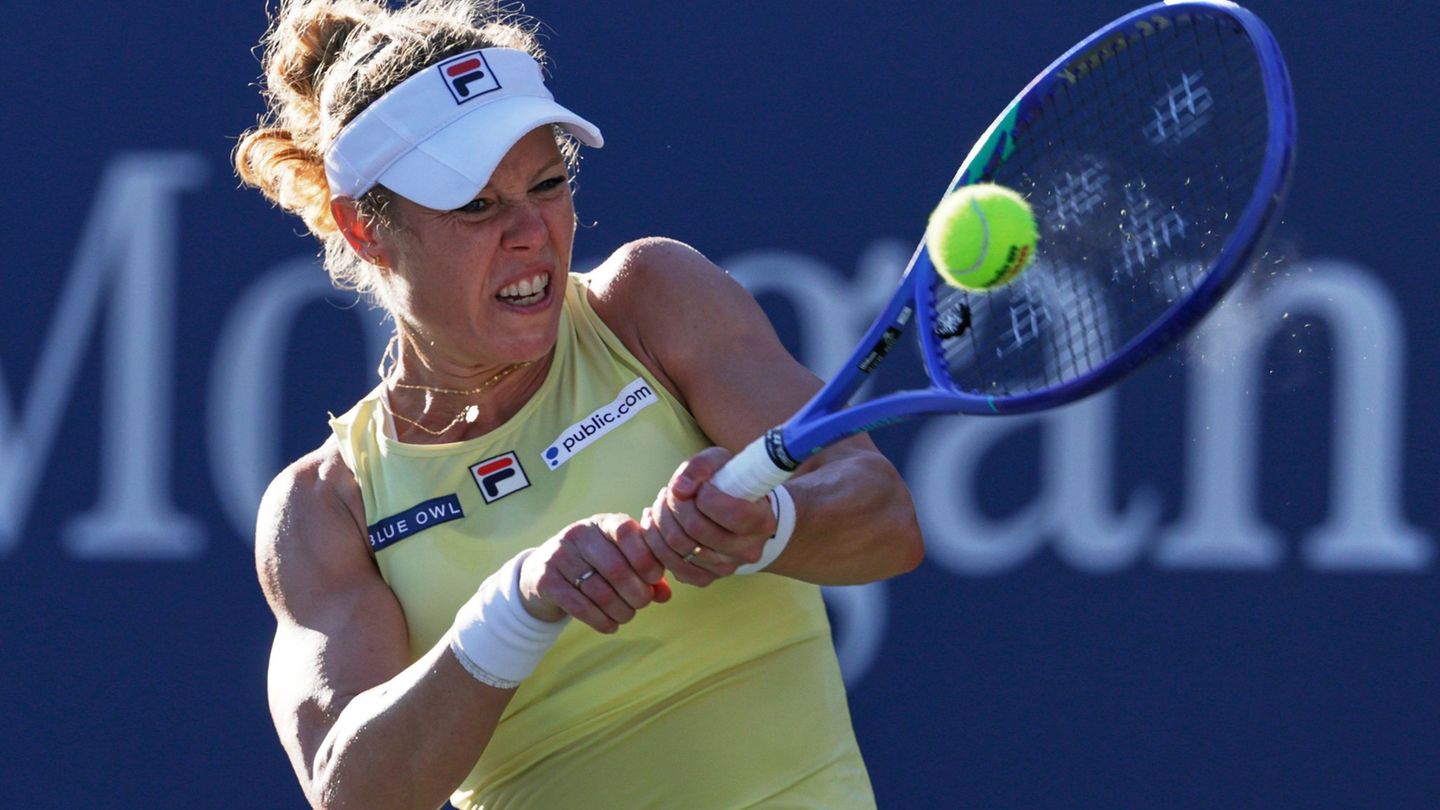Scientist Joana Portugal Pereira warns that the country must prepare in advance for climate change, which is and will cause periods of drought, and advises taking care of water and more trees.
“It is important to implement sectoral and regional climate change adaptation plans that specifically assess the vulnerability we will be exposed to under different global warming scenarios (1.5ºC, 2ºC, 3ºC and 4ºC). In the case of food systems, it is important to introduce more efficient water use and water reuse practices in the agri-food sector. It is equally important to have shorter supply chains to reduce the vulnerability of access to food in the event of extreme events,” he warns. in the statements of Agência Lusa.
Since climate change is not temporary, since the impact of increased greenhouse gas emissions from human activities is unequivocal, the official talks about the importance of mitigation, advises precision farming, crop adaptation and land use, and more shade.
“Shading is necessary” and can be achieved with native species such as non-intensive olive groves, says Joana Portugal Pereira, researcher, professor at the Federal University of Rio de Janeiro, Brazil, and author of the International Panel on Change Mitigation Working Group III report climate (IPCC in its original acronym).
Diversification is the key word in resilience, he says, explaining that to face the drought “you have to go on multiple fronts,” not least because every decision can have obstacles. Seawater desalination, for example, is a very energy intensive process.
The Portuguese mainland is in an extreme or severe drought and there has always been a drought in parts of the country since the beginning of the year, and this could be the driest year in a century.
Joana Portugal Pereira responds that the latest IPCC reports show that the impact of increased greenhouse gas emissions from human activities on global warming is clear.
“The latest bulletin from the World Meteorological Organization (WMO, in the original acronym) states that the average level of global warming is +1.1°C (degrees Celsius) above the temperature confirmed in the pre-industrial period. in temperature, but also in the occurrence of more frequent and severe extreme events, including longer and more intense periods of water shortages,” he adds, i.e. the recent extreme heat wave that has passed through the Iberian Peninsula and water shortages “are consequences of global warming” .
In a global temperature increase scenario of around 03 or 04ºC in the Mediterranean region, each year there could be, say, 14 to 17 days with temperatures above 40ºC. He admits that the region could already see an average temperature increase of more than 1.1ºC.
The scientist has no doubt that, according to climate models, there will be less water in Portugal. And he warns that drought is accelerating the degradation of soils and terrestrial ecosystems, with “significant impacts on agricultural activity” and biodiversity.
“It is expected that agricultural grain yields may decrease, as well as change land use and harvesting periods,” he says.
But even so, he does not consider himself a pessimist about the future and also directly answers a direct question that he does not believe that humanity is moving towards extinction.
In the latest IPCC report on climate change mitigation, “greenhouse gas (GHG) emissions peaked at 59 billion (Giga) tons of CO2 equivalent. This is the maximum value. However, the increase in emissions in the last decade has been lower than in the previous decade between 2000 and 2010.”
And note that there are at least 18 countries that are consistently cutting greenhouse gas emissions. But, he adds, disruptions such as the Covid-19 pandemic or the war in Ukraine could delay a positive course.
“We are moving in the right direction, but slowly. I am a realistic optimist. We are far from what we would like, but a few years ago we were much closer to more pessimistic scenarios,” he says, citing an example in the latest IPCC report. which he calls the most pessimistic scenario for a temperature increase from 3.5 to 04ºC, below previous reports. But even better “bad scenario”.
Joana Portugal Pereira explains that the climate system is very complex, saying that the models are generic and not precise about what will happen in Portugal or in a particular city, for example. But it also shows that humanity is moving towards events from which there is no return.
And if greenhouse gas emissions stopped even today, the increase in concentrations of gases would stop, but global warming would not be reversed.
In a future with less water and less energy produced by dams, with a war in Europe, governments could turn to nuclear power as well as coal and natural gas, increasing global warming.
In the case of nuclear power, even without greenhouse gas emissions, uranium mining and enrichment, waste processing, has a “significant environmental impact”. In addition, nuclear power plants require significant amounts of water to cool their reactors.
“In the past, France and Finland had to temporarily shut down nuclear reactors due to rising temperatures, cooling problems and thermal pollution,” he says.
Therefore, he concludes, photovoltaic systems are the most resilient to climate change and have the smallest carbon footprint.
Joana Pereira, also author of the Emissions Gaps Report released by the United Nations Environment Program (UNEP, in the original acronym), says there is “no point in denying climate change,” a question nearly 100% of scientists agree on. so climate deniers “may have a parallel interest”.
He then highlights the gap that exists between people’s fears about climate change and their actions to mitigate them.
He talks about the Portuguese who still consume the most animal products, about governments and people who do not understand the contribution of their actions to climate change, about the need for more knowledgeable consumers and more sensitive distributors.
She says that this is a problem that worries her. But, he concludes, “we are in great technological and behavioral progress, we have the scientific knowledge and we know the answers. Now we need to overcome a series of inertias.
Author: Lusa
Source: CM Jornal




